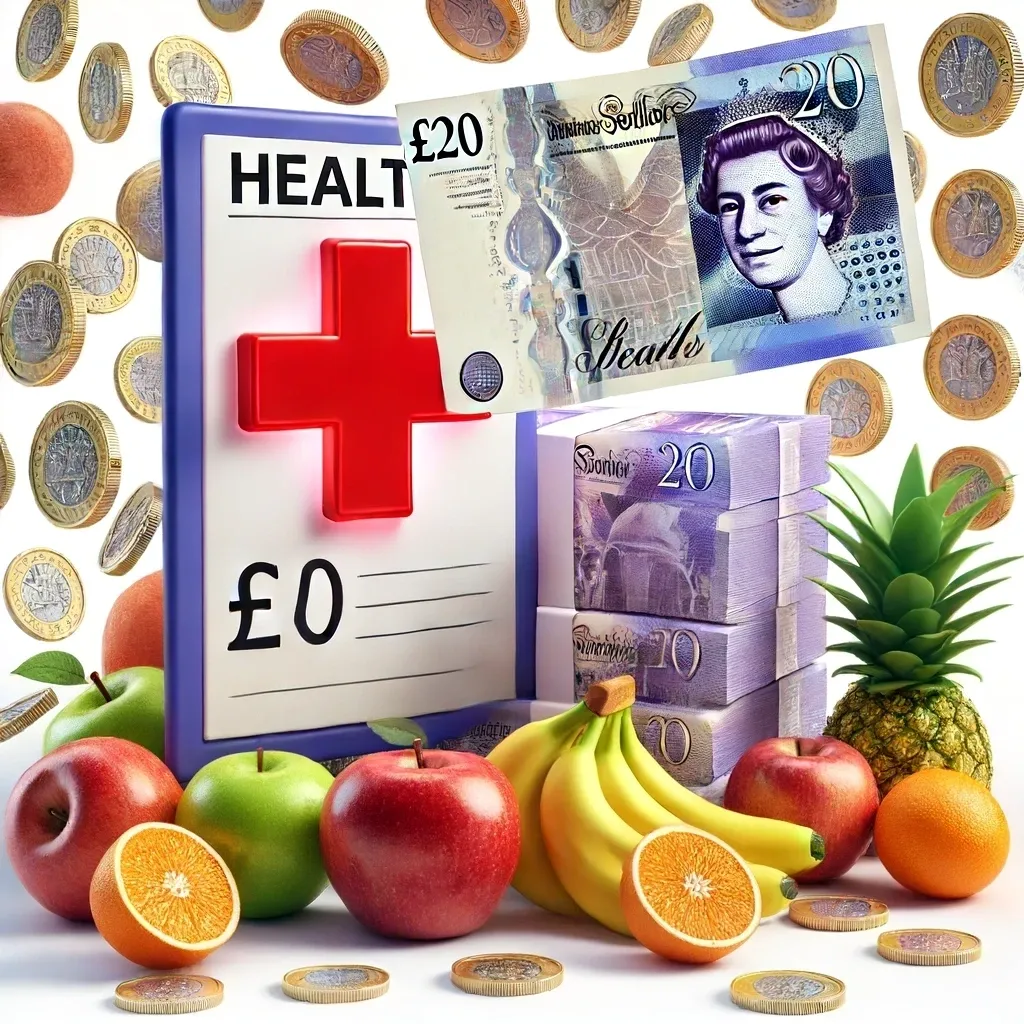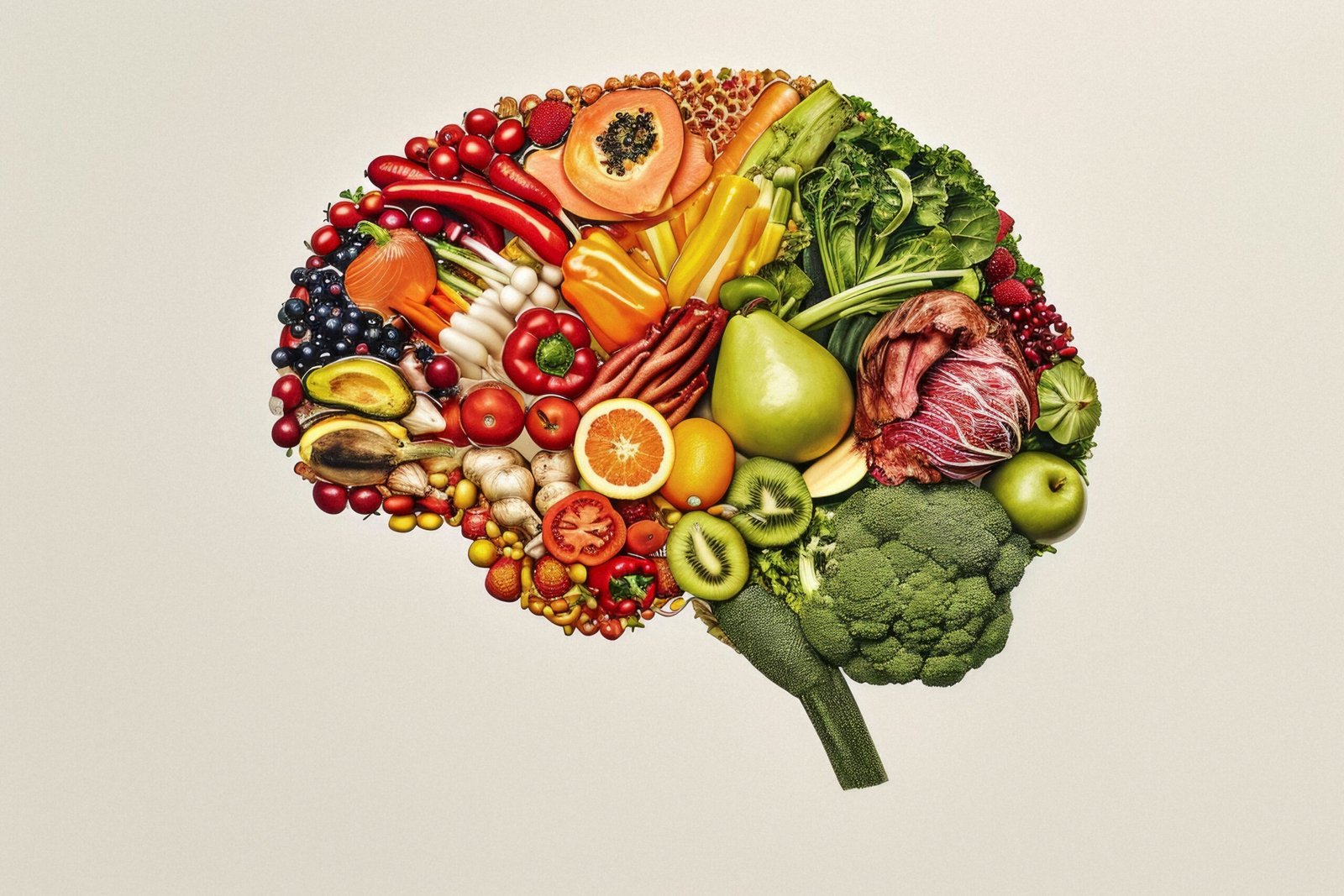The Revolutionary Prescription: How Fresh Produce is Transforming Health Outcomes
Imagine visiting your GP and leaving not with a prescription for medication, but with vouchers for fresh fruits and vegetables. This is becoming a reality for hundreds of NHS patients in the UK, thanks to a pioneering initiative aimed at combating obesity and high blood pressure in low-income households. In the London boroughs of Tower Hamlets and Lambeth, a scheme providing up to £8 per week in vouchers has yielded significant improvements in physical health, dietary habits, and even mental well-being.
1. The Impact of Nutritional Prescriptions on Physical Health
The results from this initiative are remarkable. Before the project, only 28% of participants consumed the recommended five portions of fruits and vegetables daily. After just eight months, this figure skyrocketed to 80%. This increase in fruit and vegetable intake has had profound effects on participants’ physical health. Among those with high blood pressure, 70% saw improvements, demonstrating how critical diet is to managing chronic conditions. This isn’t just about numbers; it’s about tangible health benefits that reduce the need for frequent GP visits, which nearly halved during the project period.
The success of this initiative underscores the vital role of nutrition in managing and preventing chronic diseases. By directly addressing the financial barriers to accessing healthy food, the project has empowered patients to make better dietary choices, leading to significant health improvements. This approach could revolutionize how we think about healthcare, shifting the focus from treatment to prevention.
2. Alleviating Mental Health Struggles Through Financial Support
Beyond the physical health benefits, the scheme has had a positive impact on participants’ mental health. More than half of the participants reported improvements in their mental well-being, attributing it to the reduced financial stress of affording healthy food. The ability to access nutritious food without straining their budget has provided a sense of relief and security, contributing to overall mental health improvements.
This aspect of the initiative highlights a crucial, often overlooked, element of health: the interplay between financial stability and mental well-being. For many low-income households, the stress of affording basic necessities like food can exacerbate mental health issues. By providing a financial buffer, this scheme has alleviated some of that stress, allowing individuals to focus on other aspects of their lives and well-being.
3. Community and Economic Benefits: A Ripple Effect
The benefits of this initiative extend beyond individual health. By supporting local food economies, the project has also bolstered community health. The Rose Vouchers have encouraged local spending, helping to sustain small businesses and local markets. This, in turn, creates a positive feedback loop, enhancing the overall health and vitality of the community.
The initiative demonstrates a sustainable model for community health and economic development. By investing in local food systems, the project not only improves individual health outcomes but also strengthens community ties and supports local economies. This holistic approach could serve as a model for other regions and countries looking to address similar health and economic challenges.
Call to Action: A National Rollout
Given the success of this initiative, there is a strong case for expanding the program nationwide. The Alexandra Rose Charity is advocating for the government to roll out fruit and vegetable prescriptions across the NHS for low-income households. The evidence from this pilot project is compelling: improved health outcomes, reduced healthcare visits, and enhanced mental well-being.
Henry Dimbleby, author of the National Food Strategy Independent Review, emphasizes the potential impact of such an intervention, stating that it could significantly reduce the £98 billion annual cost of food-related ill health in the UK. The time for action is now. By adopting this innovative approach on a larger scale, we can create a healthier, more equitable society.
Conclusion
The prescription of fresh fruits and vegetables represents a transformative approach to healthcare, one that prioritizes prevention and holistic well-being. The success of the pilot project in Tower Hamlets and Lambeth highlights the profound impact that nutritional support can have on physical and mental health, as well as community vitality. As we look to the future, expanding this initiative could lead to healthier lives, reduced healthcare costs, and stronger communities. Let’s champion this cause and advocate for a nationwide rollout, ensuring that everyone, regardless of income, has access to the fresh produce they need for a healthy life.
FiiHii can provide you with your daily prescription on the right scale that is right for your body and mind! – Give it a try and see the difference.
Stay informed and support initiatives like this by subscribing to our newsletter. Together, we can make a difference.





